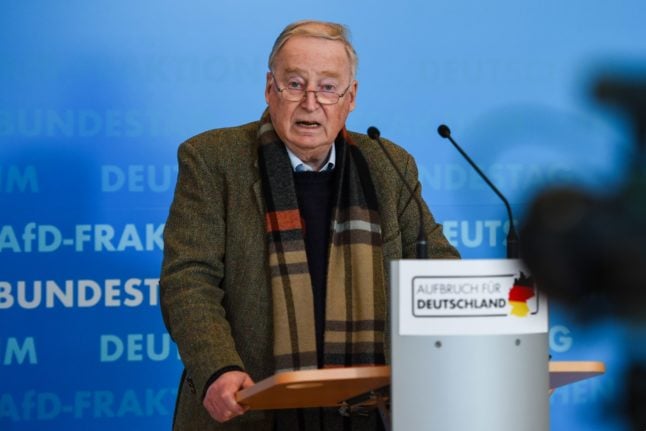“The critics won”, is the messgage from certain media outlets after it emerged that the FRA (Försvarets Radioanstalt – Swedish National Defence Radio Establishment) surveillance bill would be sent back to the parliamentary defence committee to enable the inclusion of certain “privacy guarantees”.
But in fact nobody has won. We have instead witnessed politicians hoodwinking their citizens.
A monster with make-up is still a monster and “Swechelon”, or Sweden’s Echelon, must be stopped.
It is not yet certain how exactly the amendments to “Lex Orwell” will look. But the primary changes seem to be that: the Swedish Data Inspection Board will be tasked with monitoring FRA’s surveillance; a parliamentary committee will also be appointed to watch the watchers; and FRA will be give a somewhat more limited remit regarding what it may and may not monitor. Mention has also been made of two new agencies: one to authorize surveillance and another to check on FRA’s activities.
But on the whole these are no more than marginal adjustments. The basic idea remains unchanged.
FRA will still be able to conduct mass surveillance of law-abiding citizens’ communications without need for a court order. It will be able to read people’s emails and text messages, listen to their conversations, see which websites they are visiting, create “sociograms” that map out the friends people have. And so on.
It’s just as absurd as it was before. It still runs counter to Article 12 of the UN Universal Declaration of Human Rights. It’s still going to create a society characterized by self-censorship and concern. It’s still going to make people fearful of contacting journalists to report abuses of power. Et cetera.
The government’s idea now is to push the revised proposal through at breakneck speed. Somewhat like what they tried to do with the original draft bill. The Riksdag could vote the bill into law as early as this evening or tomorrow before people have come to the realization that the changes are a decoy. It bears repeating: “Swechelon” must be stopped!



 Please whitelist us to continue reading.
Please whitelist us to continue reading.